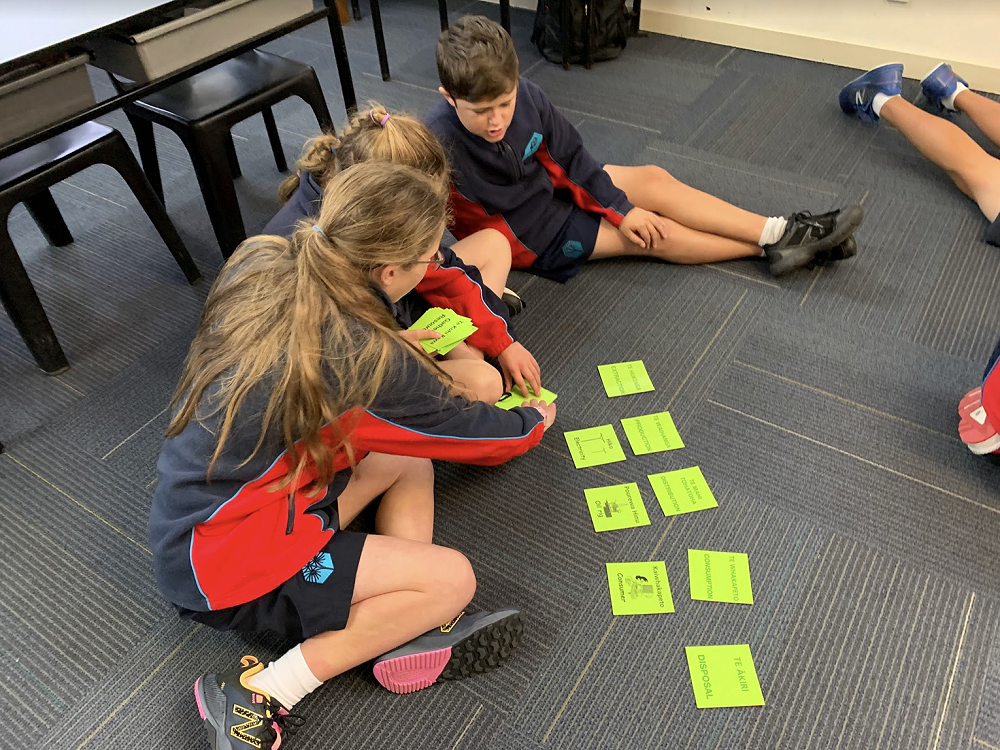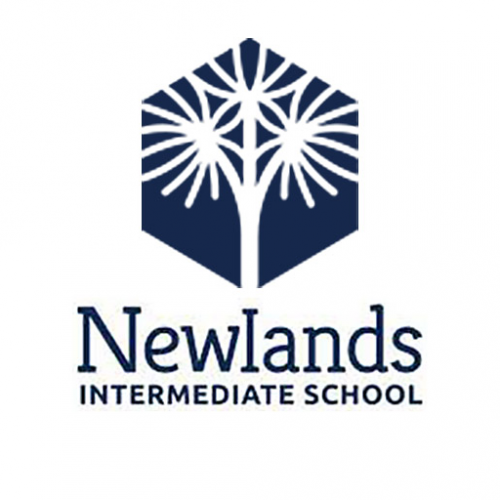
Zero Waste Education At NIS
Rubbish is a serious problem in our world. We need to take action. Litter hurts the environment, making us bad kaitiaki (guardians of the earth). Rubbish pollutes our community, therefore endangering our native animals and plants. To bring awareness in Newlands Intermediate we have had Lorraine Boennic, a Waste Educator from Wellington City Council come around to all the classrooms talking about minimising waste. The following piece of writing is a summary of our experience at Lorraine's Zero Waste sessions.
Well, what is a Waste Educator and what do they do? Lorraine's task is to go around Wellington informing schools about how we can help the environment, reduce our waste, and be aware of the amount of rubbish that is in our community. Lorraine Boennic informed us about taking a long-term view of things, by considering future generations when making the choices about how we live today, and making the connection between our health, the well-being of the land, the water, and lastly, the environment. When she went around the classrooms, she gave us food for thought: if you collected your family's waste one day and brought it into class how much rubbish would there be? What if the whole class did this? How much would there be then? What about the whole school, Newlands, all of Wellington, the North Island, the whole country and so on? If you really think about it, that is an awful lot of waste and pollution. That is why we should try to reduce, recycle, reuse and compost as much as we possibly can to decrease the amount of pollution in the world and help Papatuanuku, mother earth. We need to bring kaitiakitanga to our community. Lorraine says “The easiest way to reduce waste is by shopping sensibly. When you are at the supermarket, try to buy products with recyclable plastics or eco-friendly products.”
Lorraine has covered much about rubbish, waste, and pollution, and her zero waste sessions have taught us to think more about our resource use. Some of the most important lessons we have learned to keep in mind are:
Is our trash really rubbish or has it just been renamed?
When recycling and composting, what goes and what doesn't?
Remembering reducing, reusing and the waste hierarchy.
The sustainability of our resources and to stop using nonrenewable resources.
Reduce the use of the big 5: trees (paper and cardboard), sand (glass), bauxite (aluminium), fossil fuel oil (oil and plastic), and iron sand (metals).
Overall, Room 5 and the school had a great time listening to and learning from Lorraine. We hope that in the future, our generation will think of an effective solution to all of this. NIS has learned a lot from the Zero Waste lessons and we feel very fortunate to have Lorraine Boennic visit our classes.
